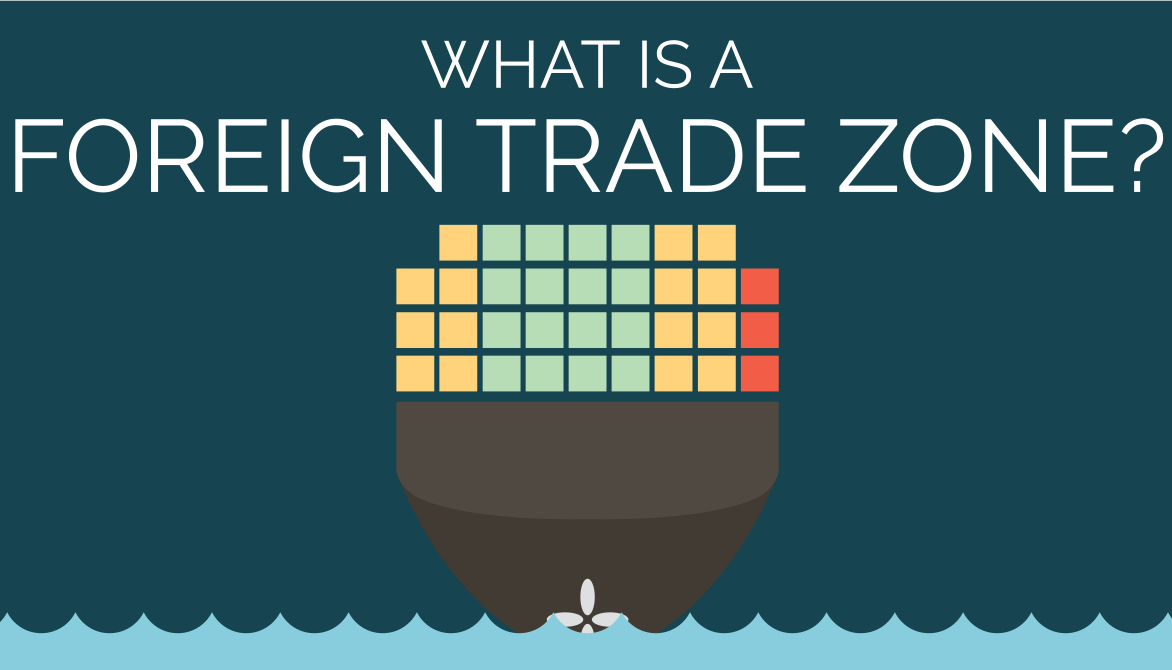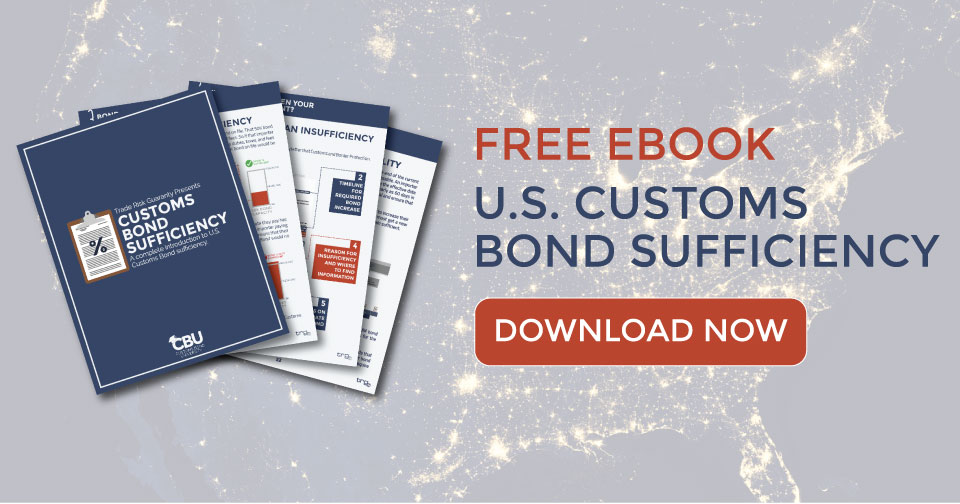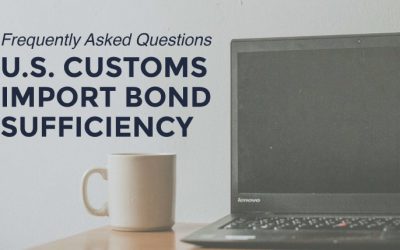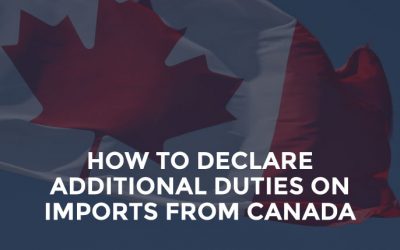Manufacturers and importers of all sizes can take advantage of a Foreign Trade Zone, but often many are not aware of the advantages and cost reductions. So, let’s go over the basics of an FTZ and why it might be the best option for some businesses.
The Basics
A Foreign Trade Zone (FTZ) is an area granted special status by the Foreign Trade Zone board. Within the boundaries of a Foreign Trade Zone, goods imported from another country can be stored without being subjected to Customs duties until entered into the commerce of the United States.
Foreign Trade Zones are located near Customs’ ports of entry and are considered outside of Customs’ territory. Despite the items’ exemption from Customs duty, the United States holds full jurisdiction over the items in a U.S. Foreign Trade Zone. There is no time limit as to how long goods can be held in an FTZ; however, as soon as the goods leave the Foreign Trade Zone destined to enter U.S. commerce, they become subject to full Customs duties and taxes.
The Purpose
An FTZ provides many benefits to businesses operating in the global trade arena. Since duties and taxes on one element manufactured product can be levied at a different rate than the entire manufactured product when it enters U.S. Commerce, manufacturing the product in a Foreign Trade Zone can sometimes reduce the number of duties and taxes paid to import certain goods. Many organizations, including some automobile manufacturers, take advantage of this unique ability by manufacturing their products within Foreign Trade Zones.
The Details
Along with manufacturing or storing merchandise in an FTZ, another benefit would be entering merchandise into an FTZ under zone-restricted status. When merchandise is entered in zone-restricted status, the goods are considered exported from US Customs territory and cannot be entered into the United States for domestic consumption.
Now you know more about Foreign Trade Zones and the purpose behind them. If you want to learn more be sure to check out our blog about Foreign Trade Zone Bonds by clicking here.





![[Webinar] How Could Changes to De Minimis Impact Your Company?](https://traderiskguaranty.com/trgpeak/wp-content/uploads/2025/05/trg-how-de-minimis-impacts-customs-bond-webinar-400x250.png)

